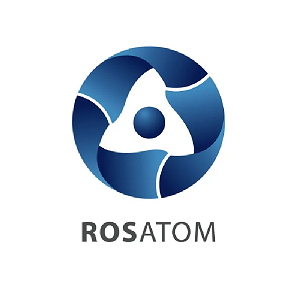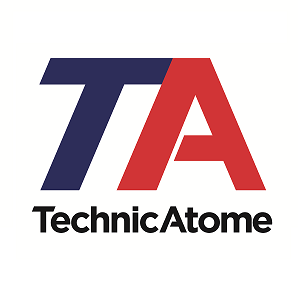The European Research Reactor Conference (RRFM) 2021 – Venue
The European Research Reactor Conference (RRFM) will take place at the Clarion Hotel Helsinki. The Clarion Hotel Helsinki is located in the new Jätkäsaari (Busholmen) urban investment district in the central West Harbour area. The hotel is a vibrant meeting place for both locals and hotel guests. Website
Clarion Hotel Helsinki
Tyynenmerenkatu 200220
Helsinki , Finland
Getting to the hotel:
Directions via Google maps
Metro or tram
Metro: Ruoholahden/Gräsvikens station
Tram: Line 6T, 7 or 9 to Huutokonttori/Uppropskontoret
From Helsinki-Vantaa Airport
Train to Helsinki Railway Station
Finnair City Bus: Every 10-20 minutes from the airport to the train station.
Accomodation
Clarion Hotel Helsinki has 425 rooms, from standard to deluxe. Please reserve your room through the hotel website.
Alternative accommodation
Tramway line number 7 links the conference hotel to Helsinki’s main train station; you will find a broad choice of hotels of different categories in proximity of this public transport connection. Check e.g. Google maps for indications.

